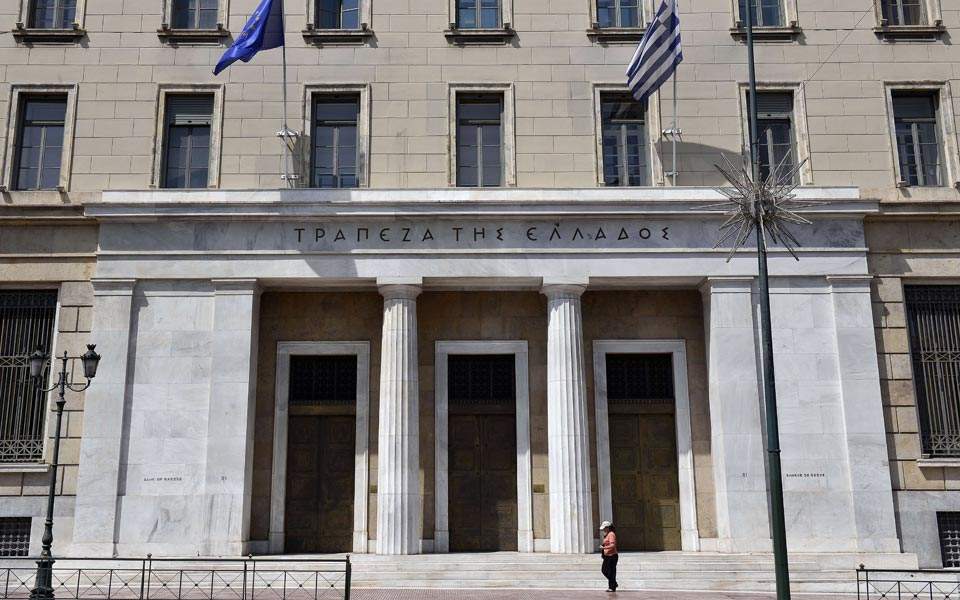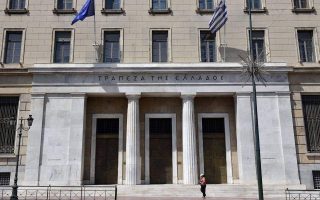Financial system ‘resilient’ in pandemic

The Greek financial system has weathered the Covid-19 pandemic crisis well and has remained resilient, the Bank of Greece said in its Financial Stability Review released on Thursday.
The central bank noted that the high stock of nonperforming loans and the quality of prudential own funds remain the biggest challenges facing the financial system, along with a stronger bank-sovereign nexus.
Economic activity was significantly impacted by the Covid-19 pandemic in 2020, driving the economy into a deep recession and triggering shocks in the financial system. However, a series of measures enacted by the authorities (i.e. the Greek government, the European Central Bank and the Single Supervisory Mechanism) and examined in the review have largely curbed the impact of the pandemic. Against this backdrop, the Greek banking sector must address both existing and novel, pandemic-related challenges and ensure the uninterrupted flow of credit to the real economy.
Important initiatives by Greek banks and the government through the implementation of the Hellenic Asset Protection Scheme (HAPS) have definitely contributed to a reduction in the NPL ratio. However, this ratio is still a multiple of the European average, without taking into account any new NPLs that will emerge as a result of the Covid-19 crisis. In this context, banks must expedite the recognition of any new NPLs in their balance sheets as Covid-related support measures begin to be phased out, in order to ensure that the challenges that they are facing are properly disclosed.
The low-for-long interest rate environment and the monetary policy measures in place have favorably affected the banking sector’s liquidity situation, contributing to its bottom line in 2020. Still, core profitability remained low, as the larger size of bank balance sheets is not due to an increased supply of credit to the real economy.
As the economic recovery gains traction, the banking sector will be called upon to actively fulfill its intermediation role. Therefore, vigilance and further initiatives on NPL resolution and strengthening capital quality should remain a priority in order to mitigate risks and boost credit supply to the real economy. Moreover, it is clear that support measures should be phased out gradually and the bank-sovereign nexus should be more closely monitored, the Bank of Greece said.





